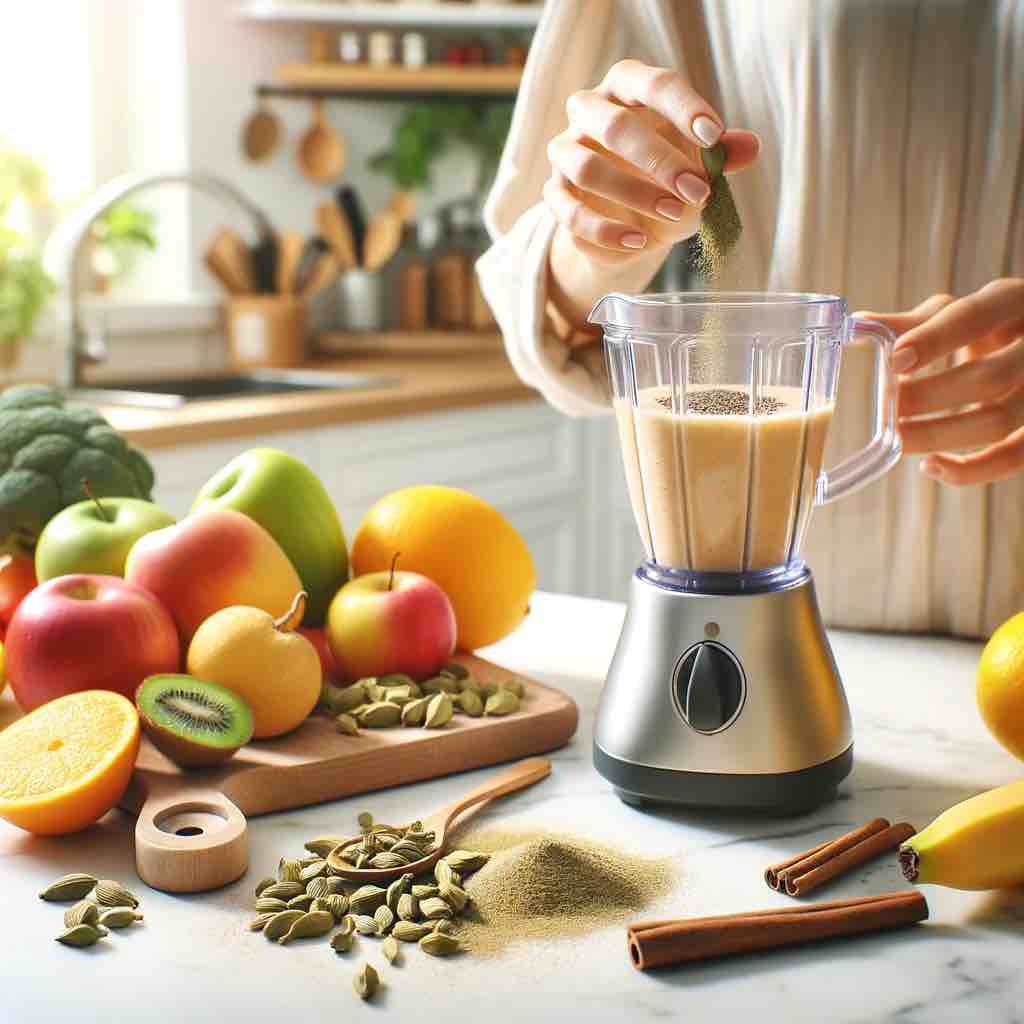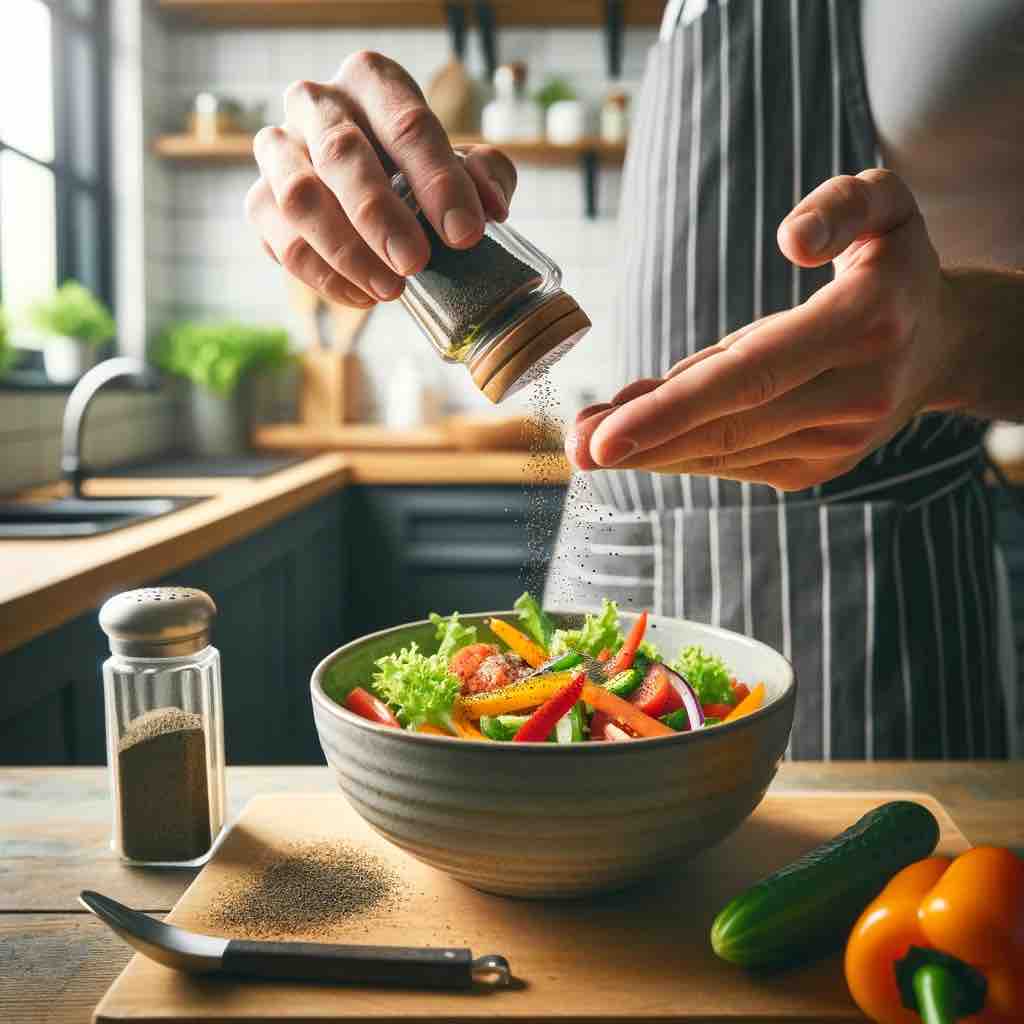
Saffron, often hailed as the “golden spice,” has been revered not just for its exquisite flavor and vibrant hue but also for its myriad medicinal properties. This luxurious spice, derived from the stigmas of the Crocus sativus flower, has traversed through centuries, offering a bridge between traditional healing practices and contemporary medical research. Let’s embark on a journey to explore the rich medicinal tapestry woven by saffron, from its roots in ancient medicine to its promising future in modern health science.
A Glimpse into the Past: Saffron in Traditional Medicine
Saffron’s medicinal journey begins in the ancient civilizations of Ayurveda, Traditional Chinese Medicine (TCM), and Persian medicine. Each of these systems recognized saffron’s potential to heal and soothe.
- Ayurveda: Celebrated for enhancing digestion, boosting mood, and supporting overall well-being.
- Traditional Chinese Medicine: Valued for its ability to invigorate blood, soothe the stomach, and harmonize the mind.
- Persian Medicine: Considered a panacea for calming the mind, reducing anxiety, and improving sleep quality.
These traditional uses, passed down through generations, underscore saffron’s revered status in the annals of medicinal history.
Unveiling Saffron’s Healing Secrets: Antioxidant and Anti-inflammatory Powers
Central to saffron’s health-promoting properties are its potent antioxidants, such as crocin and crocetin. These compounds play a pivotal role in neutralizing harmful free radicals and reducing inflammation, thereby offering protection against a myriad of chronic conditions.
- Cardiovascular Health: Saffron’s antioxidant action helps in maintaining heart health and preventing atherosclerosis.
- Cancer Prevention: Preliminary research suggests saffron may inhibit cancer cell growth and induce apoptosis.
Saffron and the Mind: A Beacon of Mental Well-being
Perhaps one of the most intriguing aspects of saffron’s medicinal use is its impact on mental health. Studies have highlighted saffron’s efficacy in improving symptoms of depression and anxiety, likening its effects to those of conventional antidepressants.
- Mood Enhancement: Saffron’s mood-boosting properties may stem from its ability to modulate neurotransmitters like serotonin and dopamine.
- Cognitive Function: Emerging research suggests saffron could enhance memory and protect against cognitive decline, making it a potential ally against diseases like Alzheimer’s.
Beyond the Mind: Saffron in Digestive Health and More
Saffron’s benefits extend to digestive health, where it has been traditionally used to alleviate gastrointestinal discomfort and improve digestion. Moreover, its potential in addressing conditions like premenstrual syndrome (PMS), erectile dysfunction, and age-related macular degeneration highlights its versatile therapeutic applications.
Embracing Saffron: Incorporation into Modern Diets and Therapies
Incorporating saffron into the diet can be as simple as adding it to dishes for flavor or consuming saffron-infused teas and supplements. However, it’s the integration of saffron into modern therapeutic practices that truly exemplifies its transition from a traditional remedy to a contemporary health solution.
Conclusion: Saffron’s Timeless Elixir
Saffron’s journey from ancient remedies to modern research underscores its enduring legacy as a medicinal marvel. As science continues to unravel the mysteries of this golden spice, saffron stands as a testament to the timeless wisdom of nature’s healing power. Whether through dietary inclusion or as part of a holistic health regimen, saffron remains a beacon of hope for those seeking natural pathways to health and wellness.
Embrace the golden glow of saffron, and let this ancient spice illuminate your path to a healthier, happier life.













